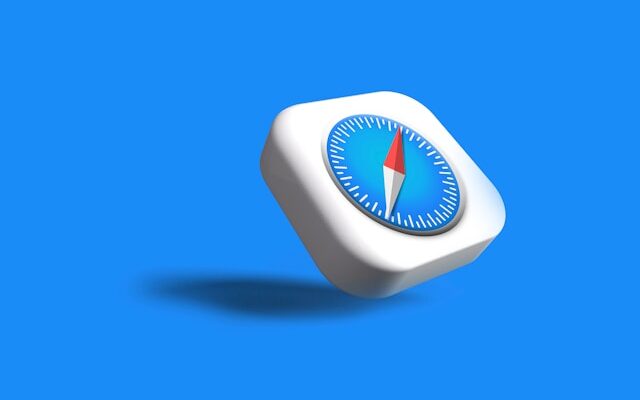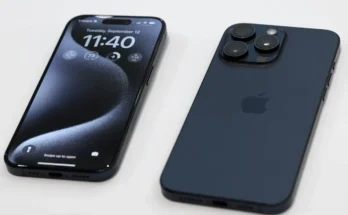Apple, in response to the new regulations in the EU called the Digital Markets Act (DMA), will be making significant changes to its mobile platforms. The DMA requires Big Tech companies identified as “gatekeepers” to open up their core platforms to competition or third-party alternatives. This means that Apple can no longer monopolize app distribution on iOS in the EU with the App Store.
While Apple has received criticism from Microsoft, Meta, Epic Games, and Spotify for its rules and policies regarding “alternative marketplaces,” it is now compelled to make other lesser-known changes to iOS. On the day the DMA officially went into effect in the EU, Apple published a compliance report detailing some of the upcoming changes it’s making to its platforms.
Browser Choice
One notable change that iPhone users in the EU can look forward to is the ability to choose their web browser. After updating to iOS 17.4, users will be presented with numerous web browser options available in their market. Previously, the iPhone automatically defaulted to Apple’s Safari web browser, but now users will be prompted to make a choice. Developers will also have the option to use alternative web browser engines.
Delete the iPhone’s Safari App
In addition to browser choice, Apple has announced that it plans to let users delete the Safari app from their iPhone. This change is significant as users were previously prohibited from doing so due to the deep integration of Apple’s web browser with iOS. Now, EU users will have the freedom to remove the Safari app if they choose.
Interoperability: Payments
Apple Pay has made payments easy for iPhone users, but now Apple is taking it a step further. Developers of third-party payment apps will be able to access the NFC chip inside the iPhone, allowing users to pay for products and services through a third-party payment app. Apple has also stated that it will consider other interoperability requests from developers on a case-by-case basis.
Easier Transfers to Android and Other Mobile Operating Systems
For users looking to switch from an iPhone to an alternative mobile operating system like Android, Apple is working on providing “more user-friendly solutions” for transferring data. This change is a result of the DMA pushing Apple to address the concerns of users who feel stuck due to the data tied up with Apple. While most of these DMA-influenced changes will be implemented later this year or early next year, the easier transferring process from an iPhone is currently scheduled for fall 2025.
These changes brought about by the DMA will give iPhone users in the EU more control over their devices and the ability to choose alternative options. Apple’s compliance with the new regulations shows its commitment to fostering competition and providing users with more choices. As these changes roll out, iPhone users will have the freedom to personalize their browsing experience, delete unwanted apps, and explore different payment options. The future of iOS in the EU is becoming more open and flexible, thanks to the Digital Markets Act.




